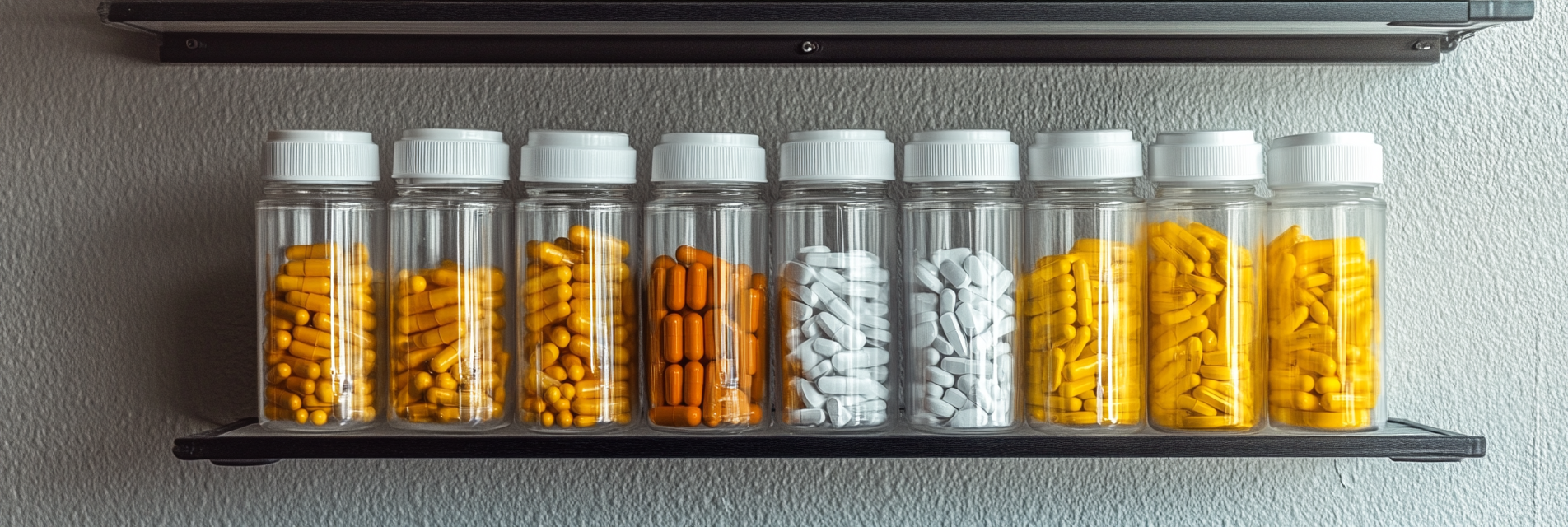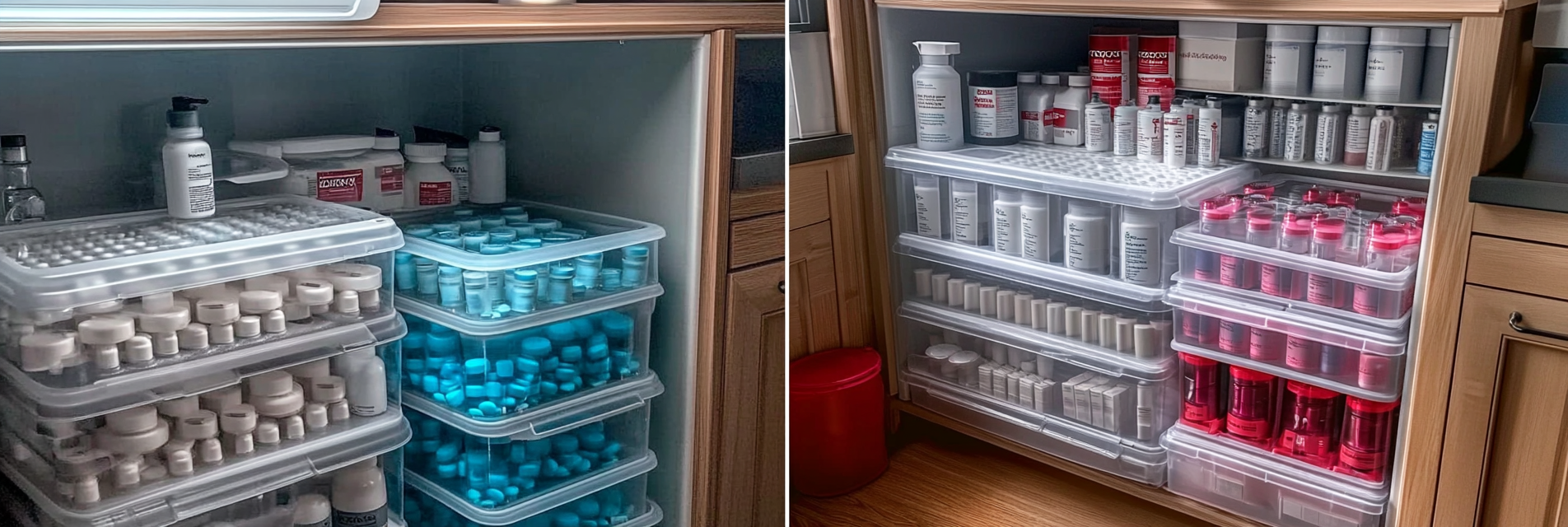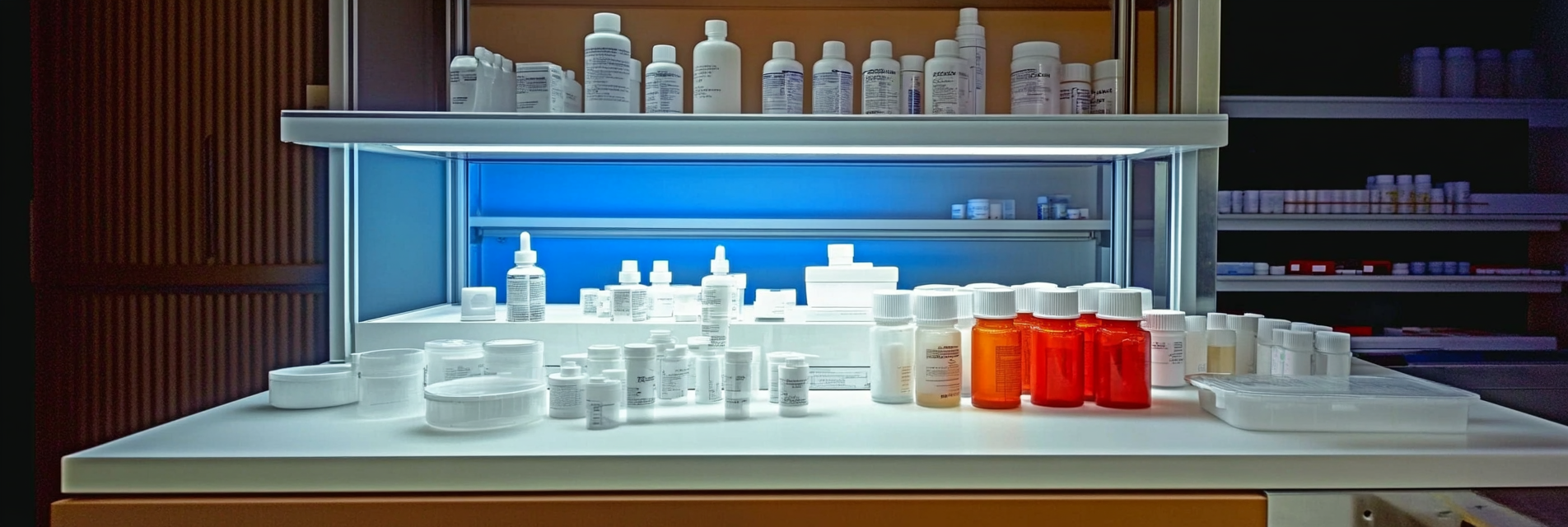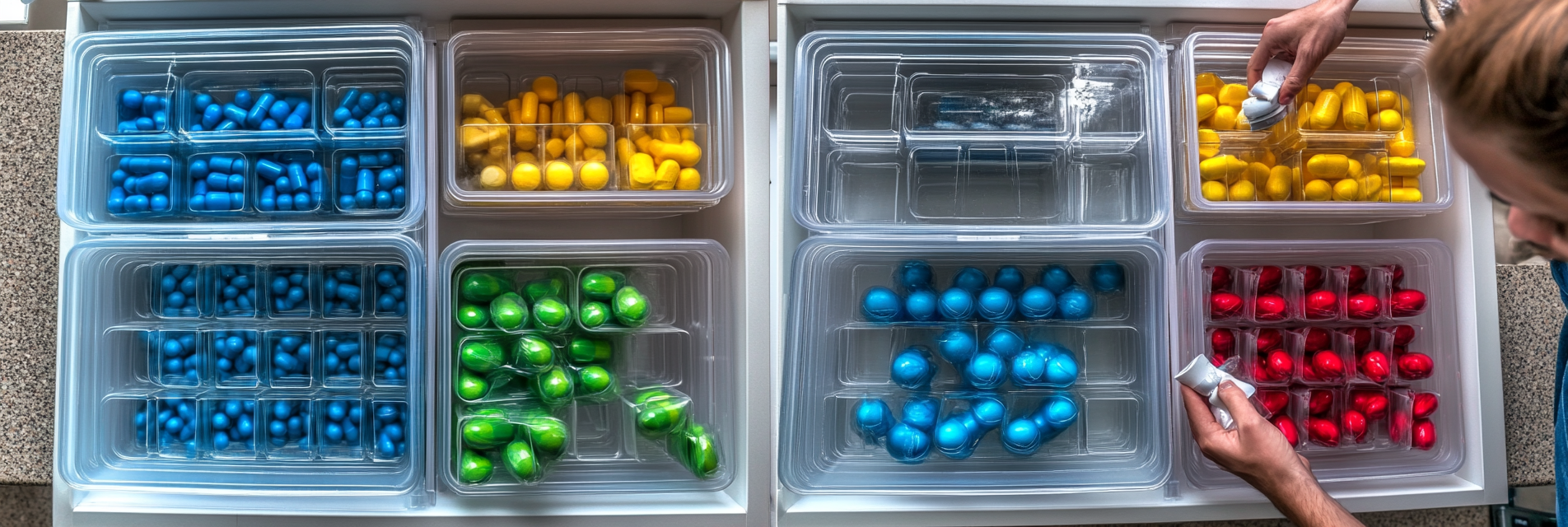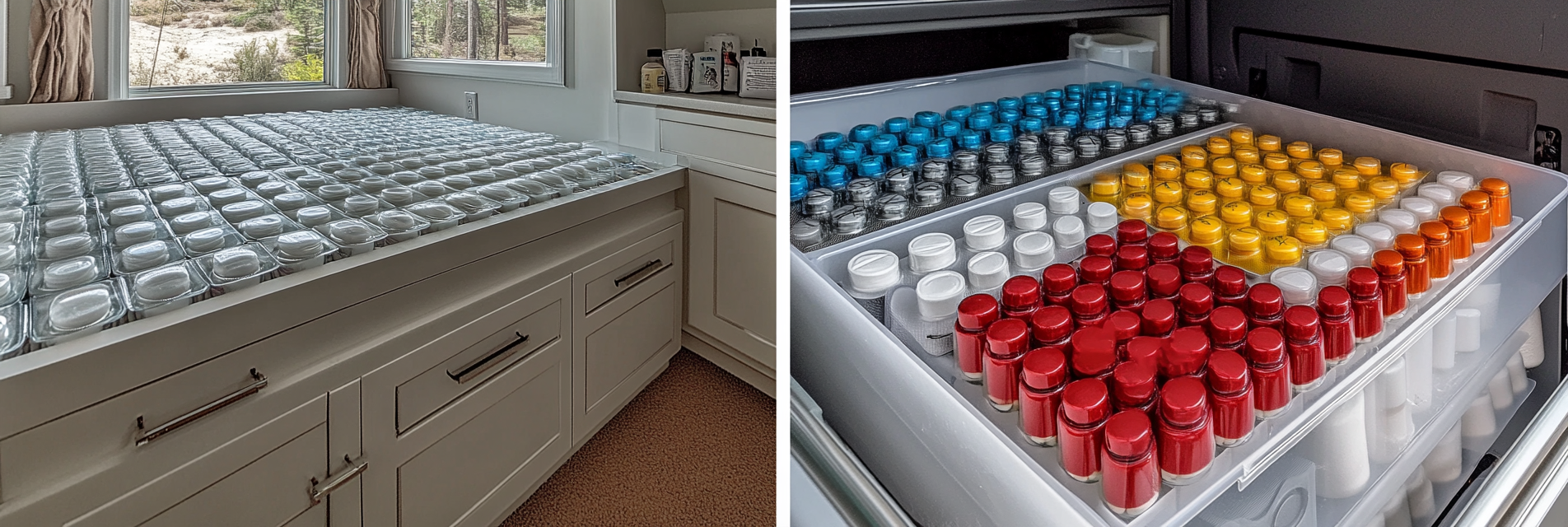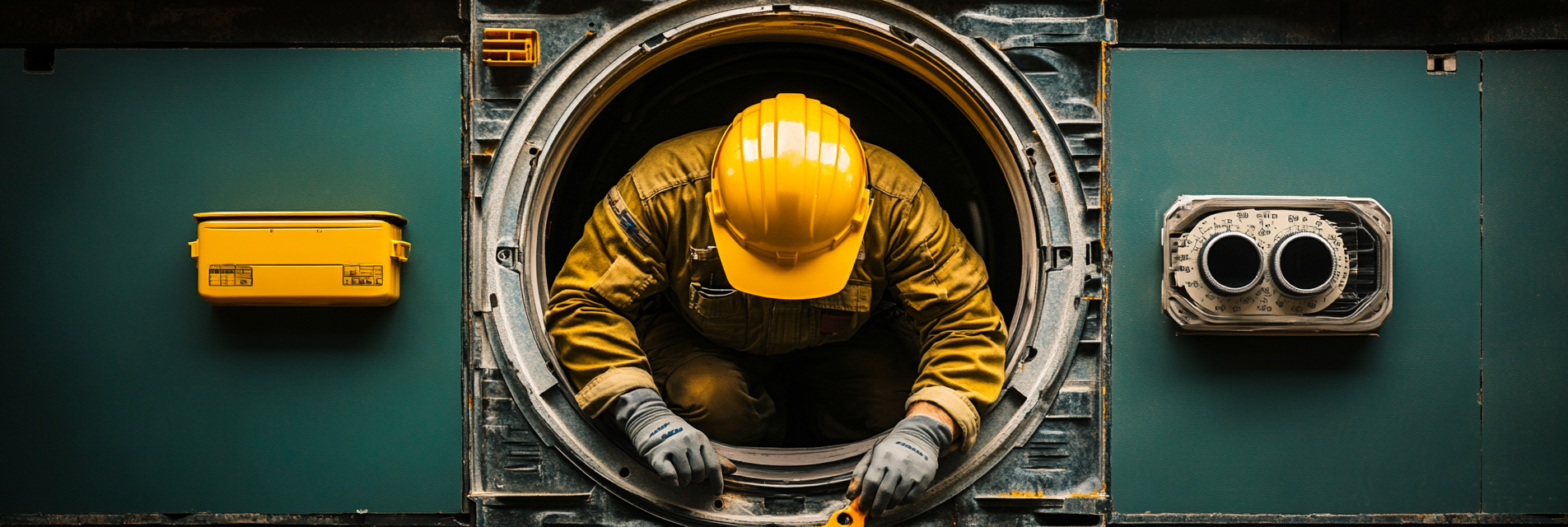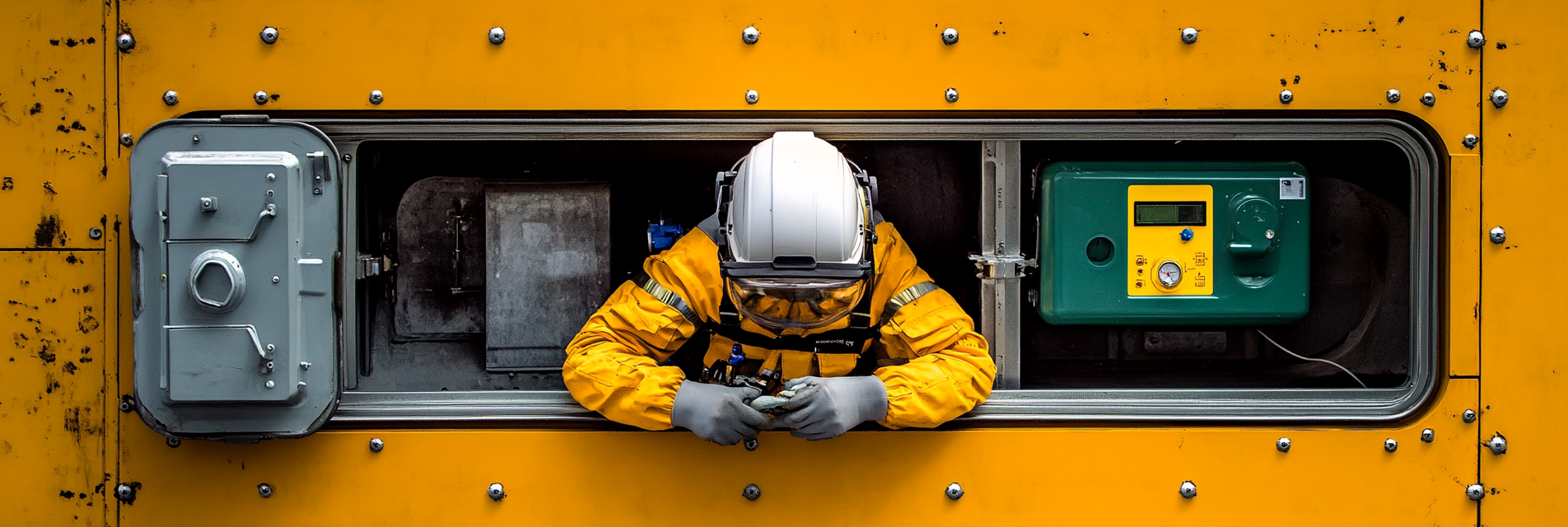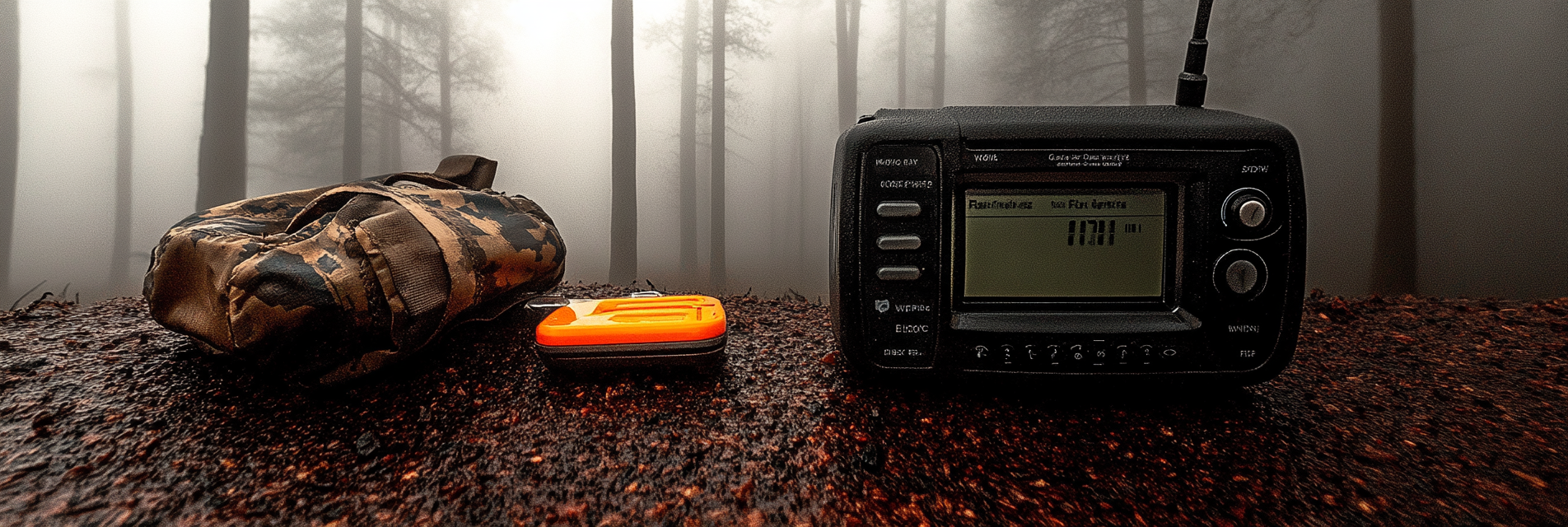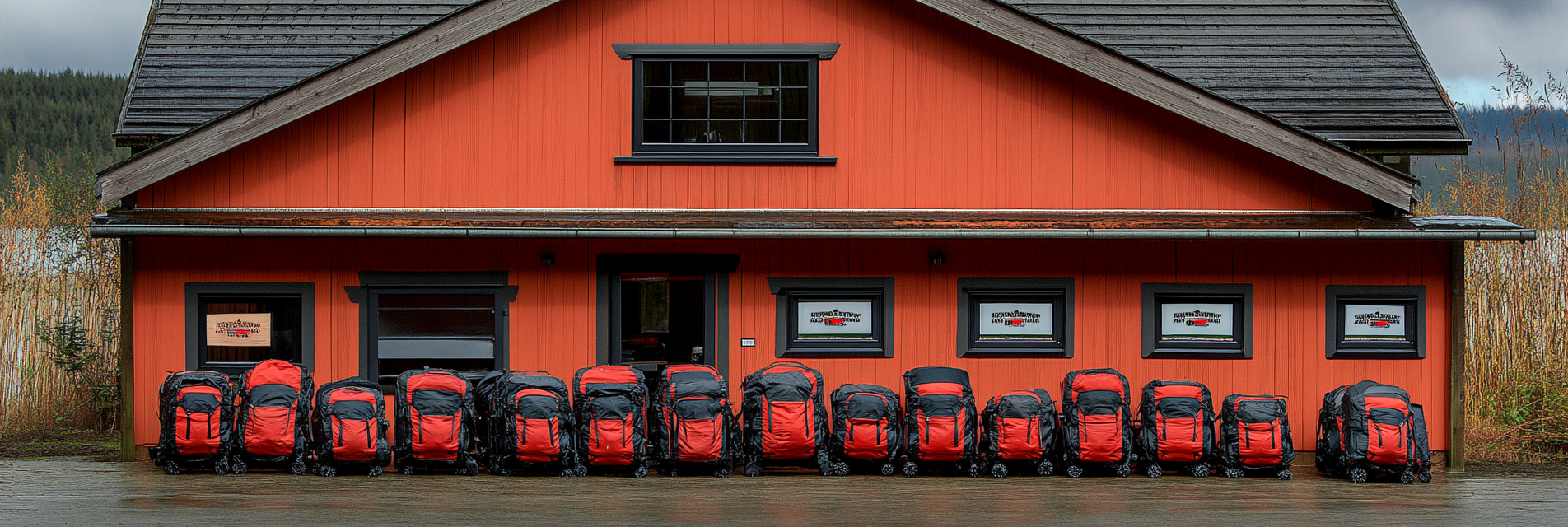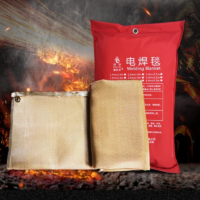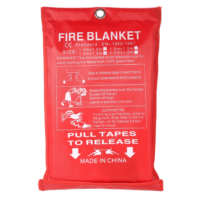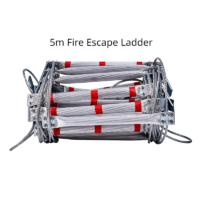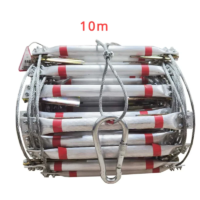Extended power outages can pose significant challenges, especially when it comes to safely storing medications. Some medicines require temperature-controlled environments to remain effective, while others need specific handling to ensure they stay potent over time. This article covers practical strategies, product recommendations, and safety tips for preserving the quality of your medications during a prolonged power outage.
1. Understanding Temperature-Sensitive Medications
Certain medications, such as insulin and some liquid antibiotics, must be stored within a specific temperature range to maintain their effectiveness. The recommended temperature for most refrigerated medications is between 36°F to 46°F (2°C to 8°C).
- Examples of Temperature-Sensitive Medications:
- Insulin: Must be kept cool to avoid loss of potency.
- Biologic Medications: Drugs used for autoimmune diseases, like Humira or Enbrel, require refrigeration.
- Liquid Antibiotics: Suspensions often need refrigeration to remain effective.
2. Preparing for Power Outages
Preparation is key to maintaining the effectiveness of medications when power is lost:
- Plan Ahead: Check weather forecasts and local news for warnings about potential power outages. This allows you to prepare backup solutions.
- Pharmacy Coordination: Speak with your pharmacist to understand the specific storage needs for your medications and get advice on handling them during an outage.
3. Backup Power Solutions
Investing in backup power sources can help keep your medications at the correct temperature during outages:
- Portable Power Stations: Devices like the Jackery Portable Power Station Explorer 500 can power small appliances, including mini-fridges or coolers, for several hours.
- Battery-Powered Refrigerators: Compact, battery-operated refrigerators such as the SetPower Portable Freezer can maintain low temperatures and are perfect for storing medications.
- Generators: A Honda EU2200i Inverter Generator provides enough power for essential appliances and is fuel-efficient for longer outages.
4. Coolers and Insulated Storage
If you don’t have access to backup power, coolers and insulated storage options can help keep medications cool temporarily:
- Insulated Cooler Bags: Use bags like the YETI Hopper Flip 8 and add ice packs to maintain a cold environment for a short period.
- Gel Ice Packs: Keep a supply of reusable gel ice packs in the freezer. When power goes out, these packs can help maintain a low temperature for your cooler or insulated bag.
- Cool Packs for Medications: Specialized products like Frio Cooling Wallets are designed to keep insulin and other medications cool without the need for electricity.
Use Case Scenario: During a power outage, move your medications to an insulated cooler with gel ice packs to maintain the correct temperature until power is restored.
5. Storing Room Temperature Medications
While many medications can be stored at room temperature, it’s essential to keep them in a stable environment:
- Avoid Temperature Fluctuations: Store medications in a cool, dark place, away from windows, stoves, and areas prone to temperature changes.
- Dry Storage Solutions: Use airtight containers like OXO Good Grips POP Containers to protect medications from humidity.
6. Keeping Track of Temperature Changes
Monitoring temperature changes is crucial for ensuring that your medications remain within a safe range:
- Digital Thermometers: Use a reliable digital thermometer like the ThermoPro TP49 to monitor the temperature inside your cooler or storage area.
- Temperature Alarm Systems: Devices like the Temp Stick Wireless Temperature Sensor send real-time alerts to your smartphone if temperatures exceed a safe range.
7. Protecting Medication Integrity
After a power outage, evaluate your medications to determine if they are still safe to use:
- Visual Inspection: Check for changes in color, texture, or odor, which may indicate that a medication is no longer safe.
- Consult with a Pharmacist: When in doubt, contact your pharmacist to discuss whether a medication has been compromised by temperature fluctuations.
Use Case Scenario: If the power outage extends beyond 24 hours and you are unsure whether your insulin is still safe, consult with your healthcare provider or pharmacist before using it.
8. Emergency Medication Storage Tips
Implement these practices to enhance the safety and longevity of your medications during power outages:
- Rotate Ice Packs: Keep multiple ice packs in your freezer so you can rotate them during an extended outage to maintain a cold temperature.
- Keep Refrigerator Doors Closed: Limit the number of times you open the refrigerator or cooler to keep cold air inside.
- Use a Cold Storage Backup Plan: Have a list of nearby facilities with backup generators (e.g., pharmacies or hospitals) that can store medications temporarily during prolonged outages.
9. Storing Medications During Evacuations
If you need to evacuate, be prepared with a portable medication storage solution:
- Portable Mini-Fridges: A compact, battery-operated mini-fridge like the Cooluli Classic Mini Fridge is ideal for transporting medications that require refrigeration.
- Insulated Medication Carriers: Use a carrier like the Vivi Cap1 Portable Insulin Cooler for safe, on-the-go medication storage.
10. Non-Refrigerated Medication Considerations
Some medications are safe at room temperature but should still be handled with care:
- Backup Storage: Store these medications in a designated emergency kit that’s easily accessible.
- Medication Organizers: Use a waterproof pill organizer like the PillPak Waterproof Pill Case to keep non-refrigerated medications safe and organized.
Conclusion
Proper medication storage during extended power outages is essential for maintaining their efficacy and ensuring your safety. By planning ahead, investing in backup power solutions, and following best practices for insulated storage, you can minimize the impact of power outages on your medication regimen. Paul Lindberg’s Dryer Fire Fighters emphasizes that comprehensive home safety includes not only fire prevention but also preparedness for all types of emergencies, including power disruptions.
Serving the communities of:
Kennewick | Pasco | Richland | West Richland | Finley | Burbank | Benton City | Prosser | Grandview | Connell
As the sole certified dryer exhaust technician recognized by CSIA.org in the Tri-Cities area, Paul brings a wealth of expertise to fire prevention. His primary focus lies in addressing the root cause of many residential fires: lint buildup in dryer cavities and vents. Through rigorous inspections and thorough cleanings, Paul ensures that families and businesses can enjoy peace of mind, knowing their properties are safeguarded against fire risks.
